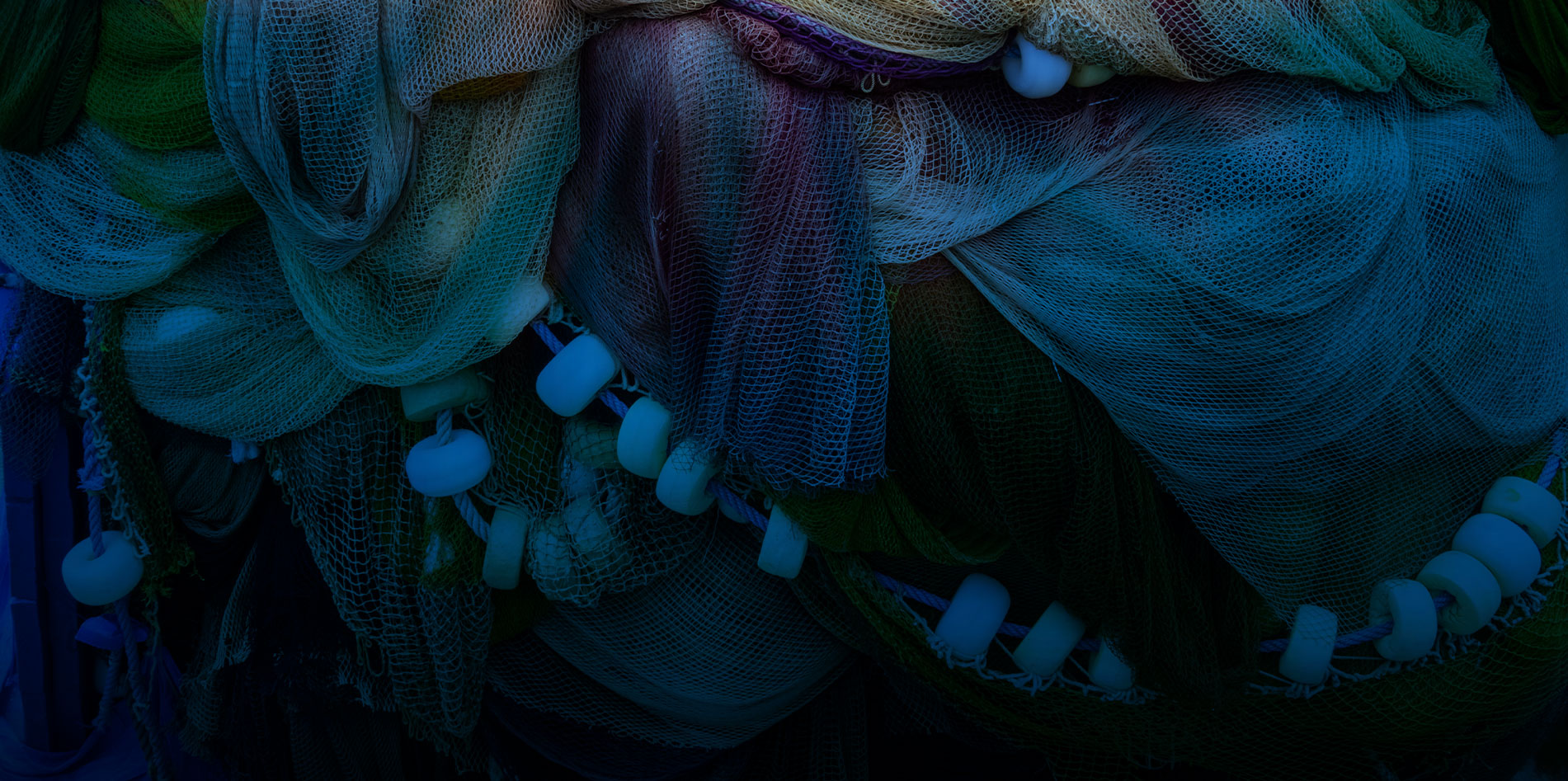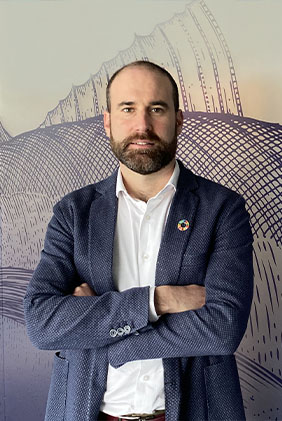BOLTON FOOD
«Bermeo Tuna Forum is the ideal space for reflection to adopt commitments and foster 360º sustainability»

Ibon Urraza
General Manager at Bolton Food S. L.
Each agent on the tuna sector value chain has their own goals; however, sustainability offers the industry the possibility of walking down the same road and proving there’s another way of doing business. Bolton Food, the fish canning unit of the Italian multinational Bolton Group, is a member of the Bermeo Tuna Forum steering committee. We spoke to Ibon Urraza, General Manager of Bolton Food S.L., the company which owns the Isabel and Cuca brands in Spain.
¿Qué papel tiene la sostenibilidad en la gestión de Bolton Food?
It’s at the heart of each and every one of the processes in our activity. At Bolton Food we produce and distribute leading brands like Isabel and Cuca, so we’re aware we’re in the frontline of our sector’s biggest challenge, i.e. to ensure 360º sustainability throughout the entire supply chain of the most important fishing resource in the world, namely tuna. To do this, we’re working on a global scientific focus and in strategic alliance with the key sector players and the most important organisations and NGOs. We aspire to be the most sustainable tuna company worldwide; therefore, sustainability is the essence of our model, our starting point and goal at the same time.
Given the length and complexity of the supply chain, what are the challenges faced by your sector from a social perspective?
In the tuna supply chain, which has a large number of players, often in developing countries, we have large and maybe unknown challenges in terms of risks and impacts of our activity related to human rights. We’re talking about countries with legal models and social contexts, not to mention cultural ones, where perhaps the respect for human rights is not guaranteed for example in matters related to decent work or gender equality. Moreover the isolation of vessels on the high sea is an added risk. Because of all of this, we’re working with Oxfam to ensure human rights are respected on our supply chain, and to put in place appropriate measures to avoid, prevent and mitigate risks plus their current or potential impacts. In addition, we’ve been working on updating our corporate policies regarding human rights to align them with the strictest international regulations, resulting in the publication of a New Human Rights Policy and Code of Conduct for Oxfam endorsed Vessels.
And, environmentally speaking?
It’s essential to guarantee a sustainable supply to ensure tuna survival, likewise respect for the biodiversity of oceans so they’ll still be a resource for future generations. We’ve also set ambitious commitments in this area working with the most prestigious organisations in the sector. We’re founder members of the International Seafood Sustainability Foundation (ISSF) and we also have a transformational alliance with the WWF with important commitments, including traceability and transparency of all our products, and ensuring that 100% of all our tuna is from sustainable or responsible resources as defined by WWF in 2014. We’re on the right road, we are proud to state we’ve already reached 86.5%.
How do these commitments materialise in the reality of your brands?
We’re working to be aligned with the highest international standards, not only regarding our brands in Spain (Isabel and Cuca), but also regarding the company’s other leading brands like Rio Mare and Saupiquet. For example, we pushed the creation of the “Tuna From Responsible Fishing” certification in 2016, a milestone which led the way, since it’s not only an efficient tool against illegal fishing but it also guarantees the fleet’s safety and respect for social and labour rights in a globally unique way. By contributing to the creation of this standard, we self-imposed an enormous rigorous commitment on our company, whereby we’ve managed to make Isabel the only brand worldwide where 100% of its tinned tuna holds this certification in Spain. And this is how we advance, with great demands and challenges, because, although we’re market leaders, it’s not enough as we want to be a benchmark for sustainability in our industry. It’s our responsibility which we share with consumers who are evermore responsible and aware regarding their shopping decisions.
«We want to be a benchmark for our industry in terms of sustainability. It is our responsibility»
Support to Bermeo Tuna Forum
Bolton Food is one of the main Bermeo Tuna Forum sponsors, what encouraged you to support this event?
We have a long-standing relationship with Bermeo Tuna World Capital, the association organising the event, and have been partners almost from the beginning. Furthermore, we were greatly involved in supporting the definition of their goals, reason for being and their strategy. We believe the nature of this public-private alliance which combines companies, governments and civilians is the ideal formula to take on the sector challenges and establish a common strategy to find solutions. In this sense, Bermeo Tuna Forum is the ideal space for reflection for all the players involved in the value chain to adopt commitments, for fostering 360º sustainability from a global, innovative and collaborative perspective in our sector in addition to making the public aware of the importance of responsible consumption.
Talking about commitments, this forum will be fostering an International Declaration Agreement on Tuna Sustainability in addition to establishing the first Alliance of World Tuna Cities. Why do you think initiatives of this kind are important?
Creation of the Network of World Tuna Cities is a clear example of Agenda 2030 localisation. Here at Bolton Food we’ve set ourselves ambitious commitments to meet the highest environmental and social sustainability standards, moreover we’re working together with expert organisations to achieve these from our position as a private company. This network is an opportunity for each territory -with its own agenda, vision and experience- to set up synergies with other territories to create shared value from a local point of view and favour the search for opportunities to reach common goals. Projects of this kind show how each territory can contribute to the Sustainable Development Goals through willingness, involvement and collaboration adjusting global commitments to their own needs. Furthermore, the International Declaration on Tuna Sustainability to be presented at the forum so that it can become a text adopted by the UN General Assembly is a milestone in our sector. It shows how local collaborations and agreements among public, private and social bodies and institutions can have a large global impact with their consequent legitimacy, commitment, participation and power of transformation.




